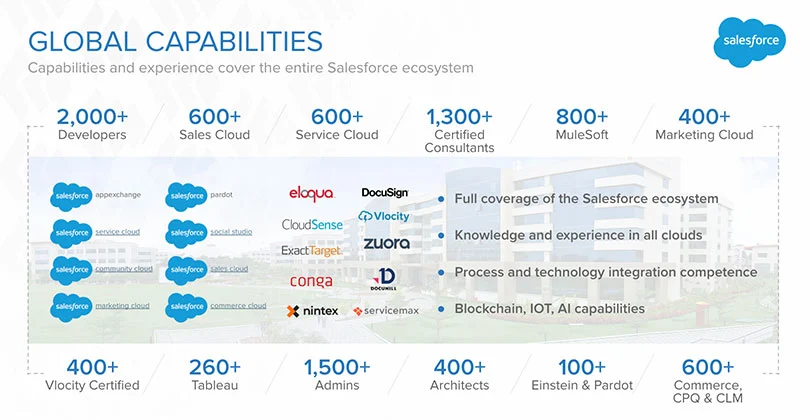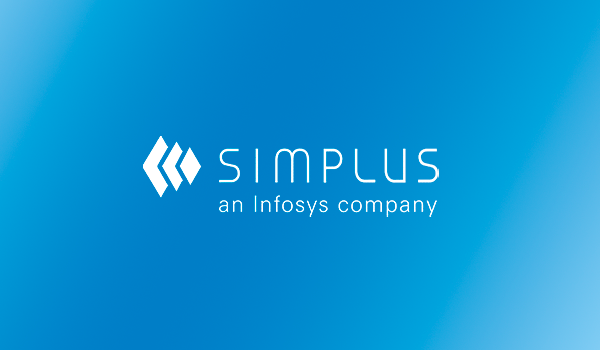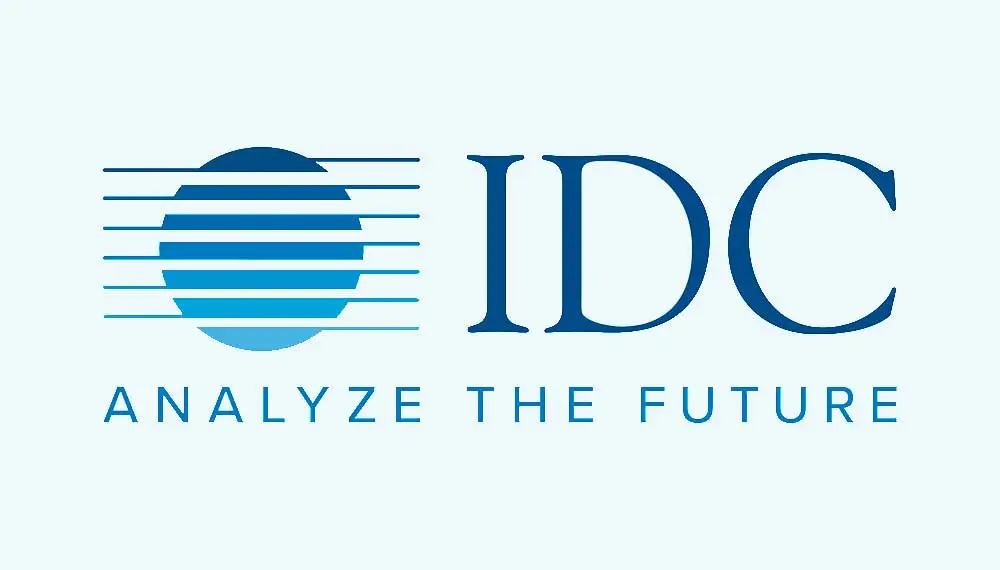Fifty percent of patients with chronic disease don’t follow their medication and treatment plan. According to this landmark study, the reason is mainly due to complicated plans that make it hard for patients to adhere to what their doctor prescribes. That, and they don’t feel like it.
Although experts project the chronic disease management market to reach $18.4 billion by 2033, today’s healthcare providers struggle to find solutions that address the lack of continuity in patient care, ways to manage the high volumes of patient data, and ways to improve patient outcomes with more effective treatment plans.
Salesforce Health Cloud simplifies chronic patient care and ensures patients follow their care management plan. Unlike general CRMs, the Salesforce Health Cloud platform is designed specifically for healthcare solutions.
When unique circumstances require special care, you need a special agent. Supported by the power of Data Cloud, the specialized features of Health Cloud, and the intuitive support of Einstein AI, users can access Salesforce AppExchange for tools designed to support their service goals.
Healthcare providers understand that patients have unique needs for managing their symptoms. Salesforce Appexchange offers a variety of Einstein AI-supported chronic disease management agents with powerful features designed to improve patient care, streamline workflows, and enhance outcomes for chronic disease patients.
For instance, as part of the broader Agentforce revolution fueled by Data Cloud, a leading healthcare provider network selected a customizable, AI-based Einstein agent to provide specialized care for its patients with chronic diseases.
Apps that automate services like chronic disease management offer several powerful features designed to improve patient care, streamline workflows, and enhance outcomes for chronic disease patients. By leveraging the powerful combination of Data Cloud, Health Cloud, Agentforce AI, Einstein AI, and AppExchange, healthcare providers can deliver specialized transformative care services with these features.
1. Personalized Care Plans
We’ve talked about things getting personal; That means unique medication schedules, lifestyle changes like exercise or diet, or specific treatment plan milestones. Customized agents can create personalized plans based on health history, health indicators, care accessibility challenges, social determinants of health, or personal preferences in care.
If the patient struggles to make in-clinic appointments, telehealth integration allows virtual consultations between healthcare providers and patients. This patient-centric approach to treatment makes patients more likely to adhere to their treatment plans, which leads to better management of chronic conditions.
2. Real-Time Patient Monitoring and Data Integration
Real-time monitoring via devices or wearables, for instance, takes the guesswork out of patient care. Doctors can track vital signs, medication schedules, physical activity, and other health metrics and quickly detect any deviations in progress.
Because it’s AI-driven, Einstein AI can analyze patient data to predict potential health risks or complications related to chronic diseases. Using machine learning models, it identifies patterns in patient health data, enabling proactive care and early interventions. This means providers can take preventive measures before a patient’s condition worsens, reducing the risk of readmission and improving long-term health outcomes.
Moreover, the agent integrates seamlessly with existing EHR systems, which allows the care team to view a complete picture of a patient’s medical history, test results, and treatment plan to improve coordination when making patient care decisions.
3. Automated Reminders and Notifications
Speaking of guesswork, did you know that up to 69 percent of medication-related hospital admissions are due to poor adherence, such as forgetting to take medication? A breakthrough study estimates that 125,000 deaths per year in the United States are due to medication nonadherence.
To ensure consistency, Einstein Agents send automated reminders and notifications to patients for medication adherence, upcoming appointments, or essential health checks to help patients stay on track with their treatment plans.
4. Outcome Tracking and Follow-Up
Some studies show the effects of a well-structured patient follow-up plan can improve patient outcomes by as much as 60 percent.
Patient care follow-up remains a crucial component of positive patient outcomes as it presents opportunities to detect potential complications that may interfere with a patient’s recovery, and they can make adjustments to their long-term treatment and recovery plan.
Have questions?
Our Simplus Team can demonstrate how innovative Health Cloud features enhance patient engagement and reduce the risk of complications for better health outcomes, especially for chronic disease patients.






















































0 Comments